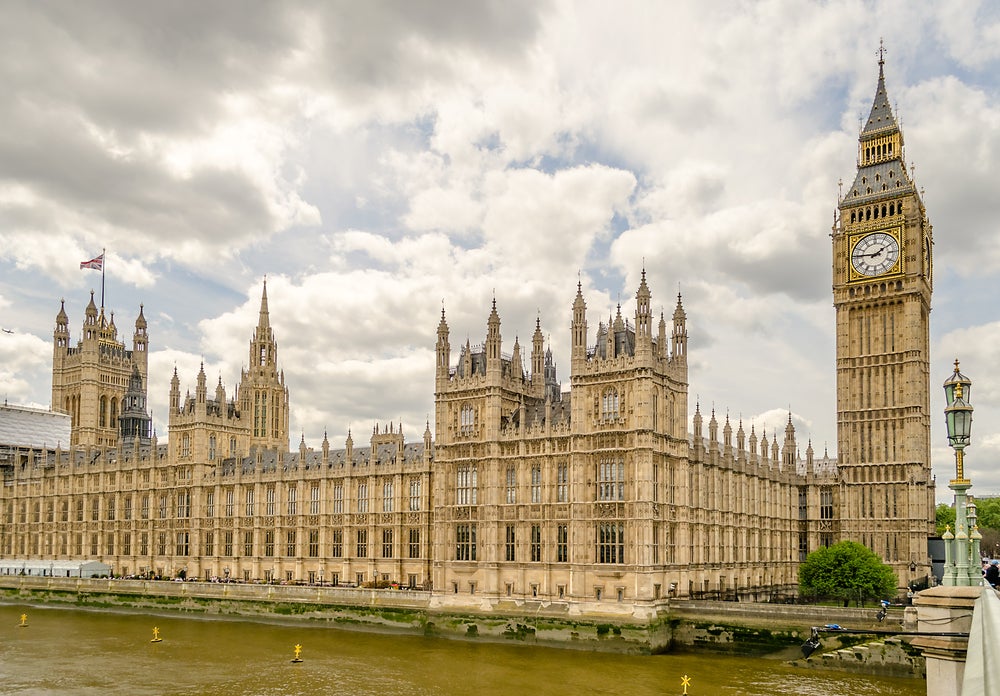
A police whistleblower who found his calls and those of journalists were hacked by Cleveland Police is suing the force for misfeasance in public office.
The move comes as the debate over future regulation of state surveillance moves to the House of Lords.
The Investigatory Powers Bill will control state access to telecoms and computer data for the purposes of fighting crime.
The case of former police sergeant Mark Dias is one of a number in which forces appear to have abused surveillance powers in the past.
Dias called the Northern Echo four years ago with an anonymous tip revealing that an equality review of Cleveland Police had revealed elements of institutional racism.
After the story he claims he was subject to an investigation which saw his call records, those of journalists, a federation representative and a solicitor all accessed.
Dias told the Echo: “The basis of my claim is that I whistleblew about institutional racism at Cleveland Police and was a victim of a campaign by the professional standards department.
“They fabricated an investigation into me based on the conversation I had with The Northern Echo, which involved the use of surveillance, but there was never any substance to that allegation and they have subsequently confirmed that they always knew there were never any documents leaked to The Northern Echo.”
Last year, after the Press Gazette Save Our Sources campaign, the then Coalition Government changed the law so that police forces could not longer sign off their own requests for telecoms data made in order to identify sources.
The Investigatory Powers Bill seeks to codify this system of judicial sign-off for telecoms requests made to identify sources.
A broad coalition of publishers, editors and the NUJ believes the the new bill does not go far enough because call records requests will be made in secret to telecoms providers.
Also, there are no protections for journalists included in the other broad data collection and surveillance powers outlined in the bill.
The Cleveland case is one of a number in which police have apparently abused surveillance powers.
The Met Police accessed the calls records of three Sun journalists and The Sun newsdesk in order to find out which officers leaked information about the September 2012 Plebgate incident. The officers did not break the law and the Crown Prosecution Service decided they acted in the public interest
Kent Police used RIPA to obtain the phone records of Mail on Sunday news editor David Dillon and freelance journalist Andrew Alderson.
They were targeted as part of an investigation into judge Constance Briscoe to find out whether she had lied about speaking to the press over the issue of Cabinet minister Chris Huhne swapping speeding points with his wife Vicky Pryce.
Email pged@pressgazette.co.uk to point out mistakes, provide story tips or send in a letter for publication on our "Letters Page" blog
